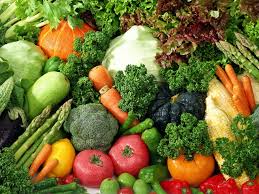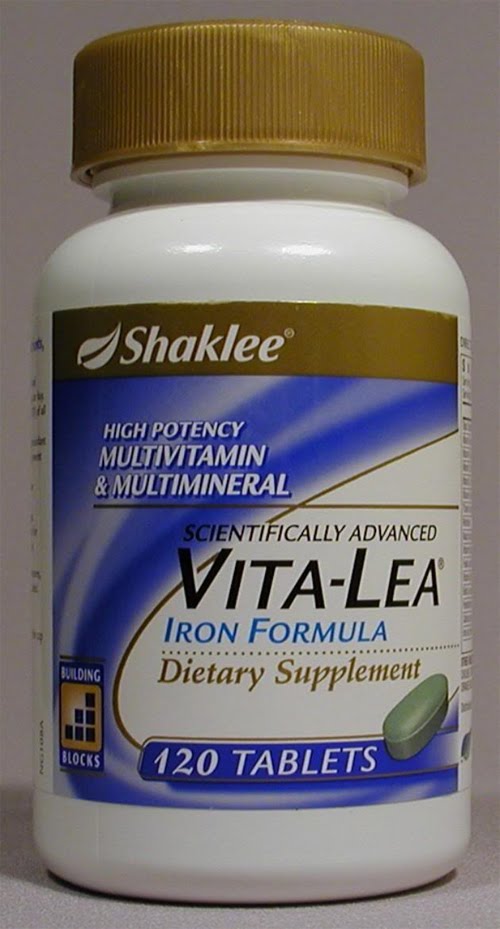August 2013
An interview with HaRav Moshe Heinemann, STAR-K Rabbinic Administrator
The world of kashrus has played, and continues to play, a dominant role in the life of a Jew and the life blood of Judaism. This centrality is evidenced by the significant halachic treatment of kashrus in the Shulchan Aruch, by our poskim, and in contemporary Torah journals, as well as the particular attention paid to the kosher consumer stretching from the aisles of the supermarket to the media portfolios of the marketplace.





 STAR-D
STAR-D STAR-S
STAR-S